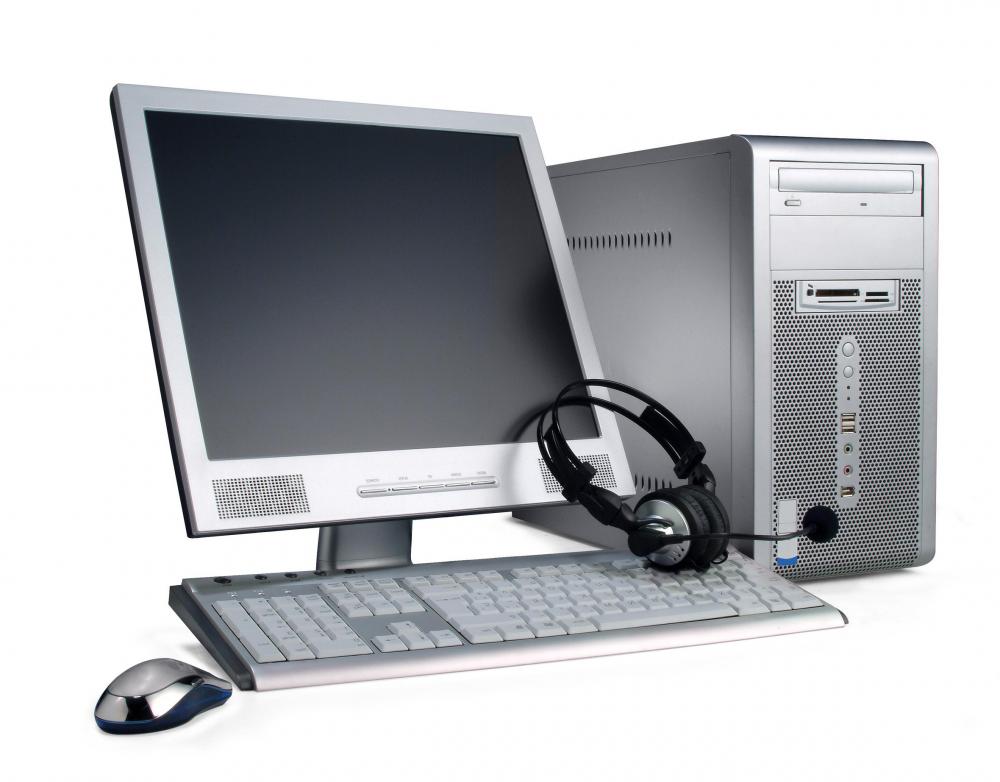At EasyTechJunkie, we're committed to delivering accurate, trustworthy information. Our expert-authored content is rigorously fact-checked and sourced from credible authorities. Discover how we uphold the highest standards in providing you with reliable knowledge.
What Is a General Protection Fault?
A general protection fault (GPF) is an error that occurs in a computer microprocessor, usually when a software program tries to access memory that is currently being used by other software. Some general protection fault conditions can be caused by hardware failure, but like most computer errors, the overwhelming likelihood is that software is the cause. Processors that detect general protection fault conditions stop executing the code that caused it and attempt to recover from the error. If a GPF condition is not caught in time by the processor and additional GPF faults occur, a third fault will usually result in the computer system becoming unresponsive to input and require the system to be reset or rebooted.
Earlier models of computers often suffered more frequently from general protection fault conditions than current systems do. This is in part due to the fact that software programming was more inconsistent at the time, and due to the greater restrictions of available random-access memory (RAM) that systems had. Terminate and stay resident programs (TSRs) that loaded into system memory when a computer booted up so that certain programs would be quickly accessible, could often contribute to GPF errors when other programs loaded by a user tried to make use of memory locations where TSRs were stored.

Hardware conditions that can cause general protection fault computer errors include different types of random access memory (RAM) that are installed on the same system and are somewhat incompatible with each other. Examples include extended data output (EDO) RAM and fast page dynamic random-access memory (DRAM). Since EDO RAM has to be installed in chip pairs on a motherboard but fast page DRAM can be installed as single units, they often were mixed on older computer systems without users being aware of the difference.

Another common reason for general protection faults in hardware is when a system begins to run at a temperature beyond its design specifications, usually over 100° Fahrenheit (38° Celsius). Excess temperature can be caused by inadequate venting of the interior, as well as additionally installed hardware such as extra hard drives or compact disk (CD) and digital video disk (DVD) drives that generate more heat in the console. Computer hobbyists who over-clock the microprocessor to improve performance, or add another power supply to run graphics cards for gaming, can often neglect to design better heat dissipation for the system as well.
Computer errors fall under a variety of different classes, and segmentation errors or general protection fault errors are specifically memory access errors that the operating system technology is having trouble resolving. When such an error occurs, the operating system kernel, which is protected memory on the processor where the operating system is loaded, sends a message back to the software process of the general protection fault error. This usually results in the process being terminated to correct the condition, and the software shuts down or hangs, but the system otherwise continues to run. On earlier computer systems, recovering from GPF errors was uncommon, and the system often had to be rebooted. Newer computers with more memory, faster processors and software that is more compatible with hardware, have a higher likelihood of recovering from GPF conditions without requiring a reboot, and they are rarely seen on standard personal computers any more.
AS FEATURED ON:
AS FEATURED ON:












Discuss this Article
Post your comments